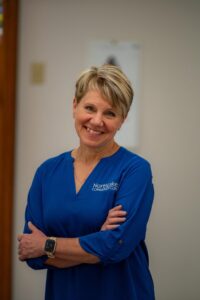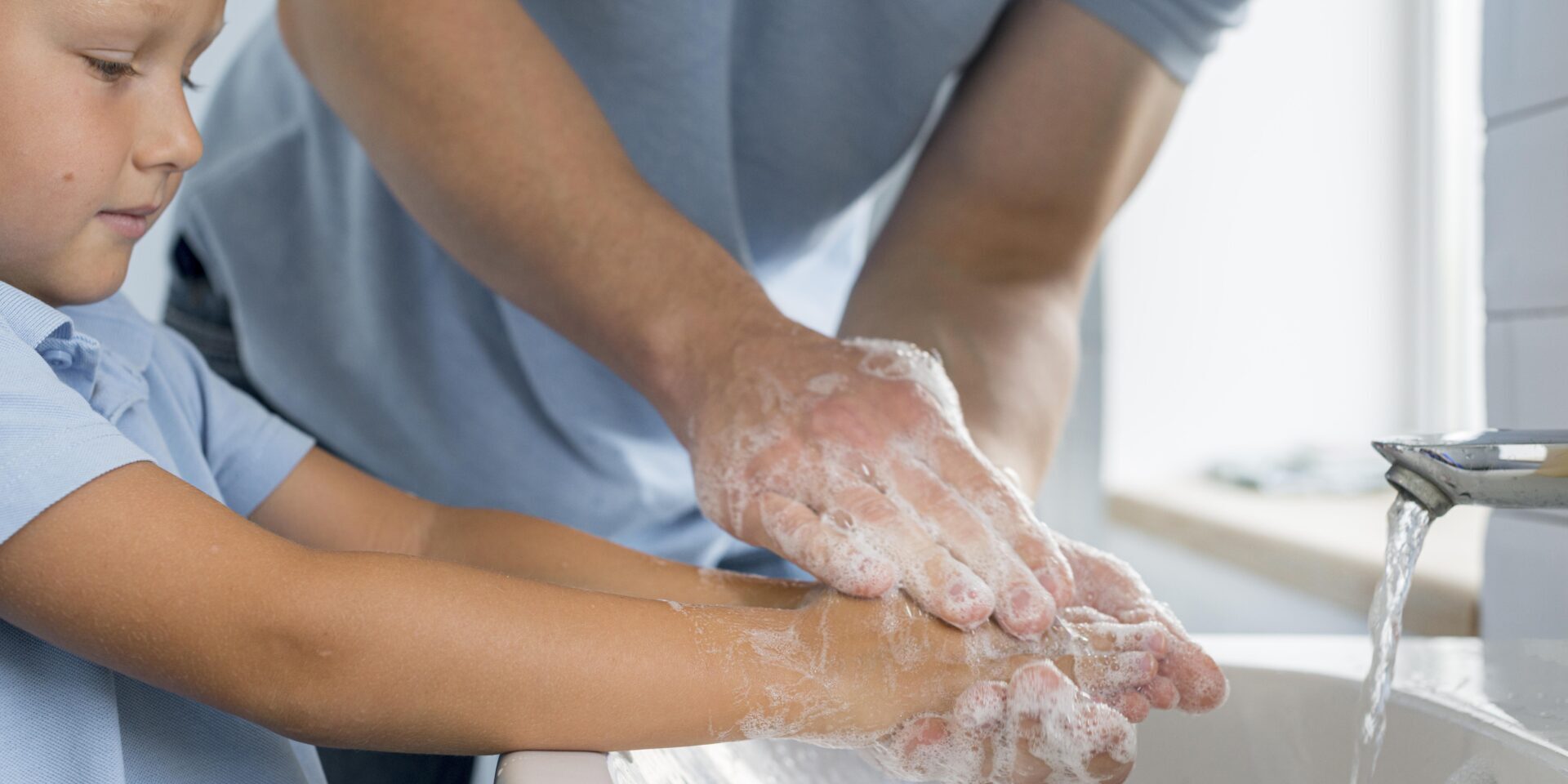By Tina Opelt, APNP, FNP-BC, Family Nurse Practitioner
 Handwashing, social distancing and masking when feeling ill are not new concepts, and most people did a great job reducing the risk of spreading germs during the pandemic. However, it seems we are “quick to forget” the impact simple measures make when it comes to protecting ourselves and others from communicable illnesses.
Handwashing, social distancing and masking when feeling ill are not new concepts, and most people did a great job reducing the risk of spreading germs during the pandemic. However, it seems we are “quick to forget” the impact simple measures make when it comes to protecting ourselves and others from communicable illnesses.
Handwashing Works
Florence Nightingale, considered the “mother of nursing,” implemented handwashing for infection prevention in hospitals in 1854 – this is not new. Worldwide, an estimated 1.8 million children under the age of 5 die from preventable diarrhea and pneumonia. A recent global study found only 19% of people washed their hands after using the toilet.
Without proper handwashing, germs get into food and drinks, and onto surfaces such as doorknobs, shopping carts, countertops and toys. Using soap as a surfactant and rubbing your hands together for 20 seconds, followed by rinsing with clean running water and drying with a clean towel, is quick, cheap and effective in removing germs – bacteria and viruses. If soap and water are not available, or if there is no visible dirt or debris on your hands, rubbing hand sanitizer all over your hands for 20 seconds is also effective.
Stay Home When Sick
Social distancing and staying home when feeling ill or experiencing symptoms such as fever, chills, fatigue, cough, runny nose, or sore throat protects those who may be more susceptible to serious complications. This includes newborns, senior citizens, those with serious health conditions, and those with weakened immune systems. Since we don’t often know who may be at highest risk, it’s simply best to stay home when feeling ill.
When to Consider Masking
If you cannot stay home when ill, medical-grade masks, such as a properly fitting N95, worn over the mouth and nose, may help filter the air and reduce the number of germs breathed in. Washing and sanitizing hands after touching the mask is also essential. Masks should be considered when there are high rates of illness in the community, if you’re sick, if you’ve recently been exposed to sickness, or if you’re at high risk of serious illness – such as those undergoing cancer treatments or taking
medications that suppress your immune system.
These simple practices remain our best defense against preventable illness.
Health Matters Monthly Column // October 2025
Tina Opelt, APNP, FNP-BC, is a family nurse practitioner for NorthLakes Community Clinic in Augusta, Wisconsin, where
everyone is served, regardless of their ability to pay, ensuring that all residents of northern Wisconsin have access to quality
healthcare. For more information, visit nlccwi.org.






